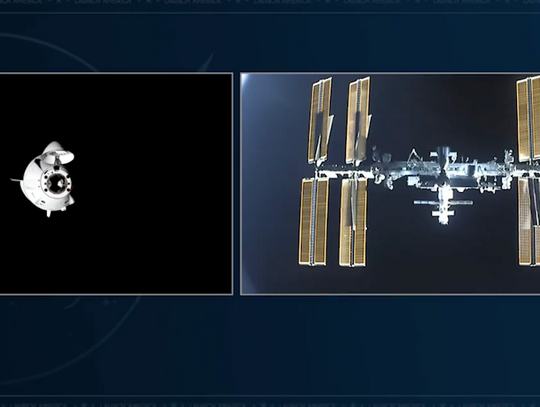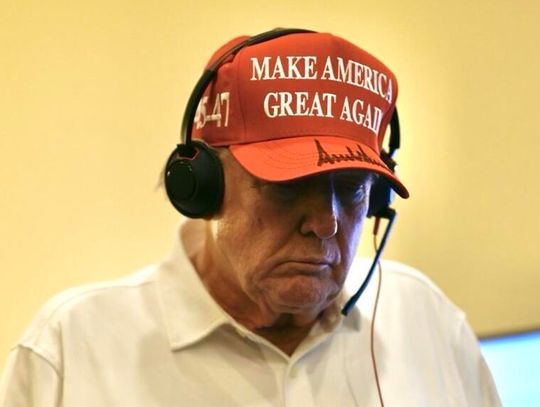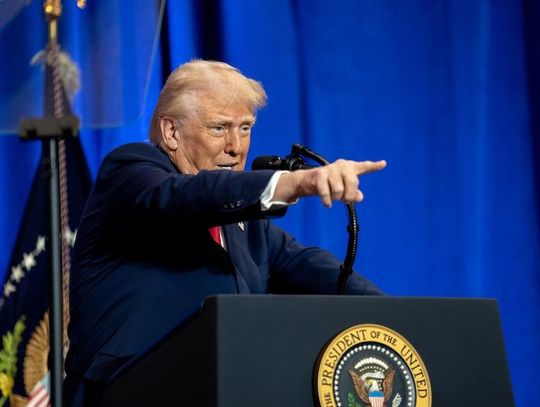Wydawanie prezydenckich dekretów przez Baracka Obamę wywołało jednoznaczne w tonie komentarze republikanów w Kongresie i konserwatywnych mediów: Glen Beck i Rush Limbaugh – „Pierwszy dyktator Ameryki”, kongresmanka Michelle Bachman – „Wydaje mu się, że jest królem, może nawet się królem ogłosić, ale nie jest nim w myśl konstytucji”, senator Ted Cruz – „Ten prezydent omija prawo, omija konstytucję i przyznaje sobie uprawnienia, które mu nie przysługują”. Czy zarzuty te są słuszne? I co to właściwie są dekrety prezydenckie?
Dekrety wykonawcze posiadają pełną moc prawną, gdy są przyznane władzy wykonawczej przez konstytucję lub prezydentowi – decyzją Kongresu. Prezydenckie dekrety wykonawcze mogą być poddane ocenie sądu lub przez sąd unieważnione, jeśli nie są uzasadnione prawnie lub nie pozostają w zgodzie z konstytucją.
Krytycy utrzymują, że w konstytucji nie ma mowy ani jednoznacznej zgody na dekrety prezydenckie, dlatego należy je uznawać za nieważne. Od czasu prezydenta George’a Washingtona w 1789 r. wszyscy prezydenci wydawali akty prawne, które można określić jako dekrety wykonawcze. Proklamacja Emancypacji wydana w 1864 r. przez prezydenta Abrahama Lincolna może być w pełni określana jako dekret wykonawczy. W historii duże zmiany polityczne zaszły dzięki prezydenckim dekretom wykonawczym. Można do nich zaliczyć integrację sił zbrojnych za prezydentury Harry S. Trumana, desegregację szkół publicznych za czasów prezydenta Dwighta D. Eisenhowera, operację usunięcia Amerykanów japońskiego i niemieckiego pochodzenia ze stref zmilitaryzowanych oraz utworzenie Departamentu Bezpieczeństwa Krajowego przez prezydenta George’a W. Busha.
Czy Barack Obama nadużywa uprawnień prezydenckich? Podczas pięciu lat pełnienia urzędu prezydent Obama podpisał 168 dekretów wykonawczych. Prezydent George W. Bush podpisał 291 takich aktów prawnych, prezydent Theodore Roosevelt − 1081, prezydent Calvin Coolidge w ciągu czteroletniej kadencji − 1203, prezydent Eisenhower w ciągu ośmiu lat − 484, prezydent Ronald Reagan przez osiem lat − 381, a prezydent Bill Clinton również w ciągu ośmiu lat − 364. Dane te pochodzą z Archiwów Narodowych USA.
Wydanie 168 dekretów wykonawczych nie czyni z prezydenta Obamy dyktatora, króla czy uzurpatora władzy Kongresu. Gdy Kongres odmawia podjęcia działania, prezydenci są zmuszeni do uciekania się do dekretów, by wypełnić pustkę spowodowaną inercją ustawodawców. Do tej pory sądy tylko dwukrotnie unieważniały dekrety prezydenckie. Posiadanie obywatelstwa tego kraju wymaga, byśmy „My Naród” mieli historyczne spojrzenie na politykę i nie ulegali wpływom politycznego oratorstwa czy bezpodstawnego przypinania łatek.
Steve H. Tokarski, wydawca
Executive Orders Do Not Equal Kingship
The use of presidential executive orders by President Barack Obama caused congressional Republicans and conservative news media to assert the following comments: Glen Beck and Rush Limbaugh – “America’s first dictator,” Rep. Michele Bachmann – “He may think he’s a king, he may declare himself a king, but that’s not what he is under our Constitution,” Sen. Ted Cruz – “This president has disregarded the law, has disregarded the Constitution and has asserted presidential power that simply doesn’t exist.” Are their accusations correct? And what is a presidential executive order?
Executive orders have the full force of law when they take authority from a power granted directly to the Executive by the Constitution, or are made in pursuance the Acts of Congress that explicitly delegate to the President some discretionary power. Executive orders are subject to judicial review and may be struck down by the courts if found to be unsupported by statute or the Constitution.
Critics say that because the U.S. Constitution does not mention or explicitly permit executive orders, they are void. All presidents since George Washington in 1789 have issued orders that can be defined as executive orders. President Abraham Lincoln’s Emancipation Proclamation in 1864 was an executed order. Other major policy changes with wide-ranging effects have been effected through executive orders such as the integration of the armed forces under President Harry S. Truman, the desegregation of public schools under President Dwight D. Eisenhower, removal of Japanese Americans and German Americans from a military zone, and establishing the Office of Homeland Security by President George W. Bush.
Has President Obama overused executive orders? So far after five years in office, President Obama has only signed 168 executive orders. President George W. Bush signed 291 executive orders; President Theodore Roosevelt issued 1,081; President Calvin Coolidge in four years issued 1,203; President Eisenhower in eight years issued 484; President Ronald Regan in eight years issued 381; and President Clinton in eight years issued 364. These figures come from the National Archives.
The use of 168 executive orders by President Obama does not make him a dictator, a king, or usurper of Congressional power. When Congress refused to act, presidents have often used their executive powers in order to fill the void created by a lack of congressional initiative. Yet only twice has the courts overturned executive orders. U.S. citizenship demands and requires We The People to have a historical view of politics and not to be influenced by political oratory and baseless name-calling.
Steve Tokarski, Publisher
Reklama
Reklama










